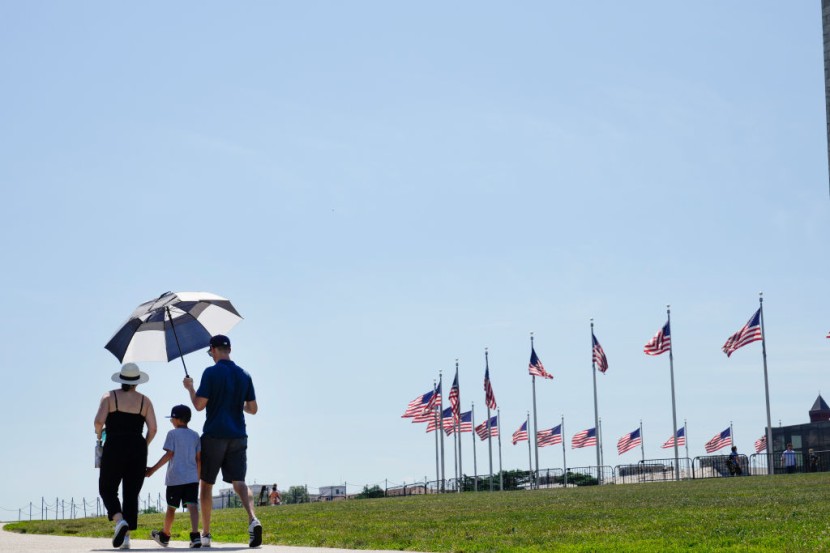
The Pacific Northwest experienced triple-digit temperatures on Monday. Based on the reports of the National Weather Service, these marked record highs during a prolonged heatwave. A new record was set at the Seattle-Tacoma International Airport when the heat reached 106 degrees. This broke the 104-degree record that was set last Sunday.
Heat Advisory
Along the West Coast, over 20 million people were informed of a heat advisory or warning, between the Canadian border and Mexican border. Harmful and unprecedented heat will continue to build throughout Pacific Northwest for many days. High temperatures will soar into triple digits.
The heatwave searing the United States Pacific Northwest and British Columbia, Canada, is of an intensity that has not been recorded by modern humans. By one measure it is rarer than once in a thousand-year event. This means if you could live in this particular area for 1,000 years, you would possibly merely experience a heat dome like this once, if ever, reported CBS News.
This heatwave goes ahead the impact points of another historic heatwave that baked the U.S. Intermountain West, Desert Southwest, and California with hundreds of record highs almost two weeks ago.
Seattle reached 106 degrees on Monday afternoon. It broke the former record high of 104 sets on Sunday. Seattle then topped 100 degrees for three straight days. Before the heatwave, Seattle had merely reached 100 degrees three times since the record-keeping started in 1896.
The temperature in Portland, Oregon, climbed up to 113 degrees on Monday. This marked the third day that the city has set a new record high. The state capital, Salem, Oregon, reached 117 degrees on Monday afternoon. This set a new record for the city and arrived mere two degrees shy of the hottest temperature recorded in Oregon state, a record set in 1898, reported Forbes.
According to Colby Neuman, a meteorologist in NWS's Portland office, "I have not seen very many events where places are breaking their record high temperatures by 4 degrees or 5 degrees. It's one thing to break it by a degree or two, but it's another thing to break it by 4 or 5 degrees, in places that have 100 years' worth of data, or 120 years' worth of data. That is pretty remarkable," reported Scientific American.
Record keeping in such areas dates back to the late 1800s. Temperatures like such have not been experienced in these regions for over 100 years.
At Hayward Field in Eugene, Oregon, the US Olympic track and field trials were suspended on Sunday because of the intense heat.
The intense weather was caused by an extended "heat dome" parked over the Pacific northwest. The prolonged heatwave was a sign of the future as climate change transforms global weather patterns, according to Kristie Ebi, a professor at the University of Washington who delves into global warming and its effects on public health.








